With its bulb-like fruits drooping downwards, firmly grasped, and held by its five-lobed petals, eggplant is a crucial ingredient in many cuisines. Botanically classified as a berry, it is featured and included as fresh or cooked vegetable slices in cuisines. Eggplant seeds and skin can be relished in their raw form. It can also be cooked and eaten. Either way, they are delicious edibles, though short in micro and macronutrients.
Mostly prevalent in temperate regions, eggplants were initially found as a wild plant belonging to the Solanum incanum species, popularly known as nightshades. Efforts at domesticating eggplants as a crucial component of human dishes have yielded immense results.
India and China are the main productive hubs taking the lion’s share of 87% of total global production. The Asian breakthrough in eggplant cultivation has shed more light on the immediate best methods to grow your eggplants.
Growing Eggplants

With its half-hardy and tender nature, burgeoning with its spongy and meaty fruits, eggplants demand rapt attention and care. A blossoming eggplant is a function of delicate and intensive care and monitoring. You can grow your eggplants through seeds in pots or in your garden. Treat the seeds under appropriate conditions for maximum yield.
Eggplants are very sensitive to temperature changes, affecting fruition and yield quantity. Ensure you water your eggplants when necessary. Adequate exposure to sunlight is also a necessity. Your eggplant must have full access to sunlight.
The estimated average time for your eggplant to be exposed to sunlight is six to eight hours. You can use compost manure for your eggplant, but ensure it is planted on sandy or well-drained loamy soil; if you are using a pot for your eggplant.
Growing Eggplants Through Companion Planting
Companion planting is another way of growing and caring for your eggplants. Companion planting can shield your plants from adverse weather conditions. It depletes weed space and protects plants from pests. It also maximizes the health of plants by providing a good breeding space devoid of plant diseases.
A well-informed choice of companion plants can help trap essential nutrients and elements needed for plant health and growth.
Specifically, Eggplants need a good dose of nitrogen to grow and blossom. Companion plants such as beans and peas are beneficial. They trapped nitrogen into the soil through leaching, making it accessible to the plants for healthy growth.
20 Companion Plants For Your Eggplants
Several companion plants for your eggplants can help improve yield, provide shade, and prevent pest attacks. Both beneficial and detrimental companion plants can be used for your eggplant with proper spacing. However, extremely poisonous and toxic plants such as marigold and fennel should be avoided. Below are 20 companion plants for your eggplant.
Nightshade

Nightshades belong to the same family as eggplants and can be used as companions for them. It can enrich soil nutrients and also provide shade. Since both plants belong to the same family, the likelihood of competing for nutrients will be minimized.
Broccoli
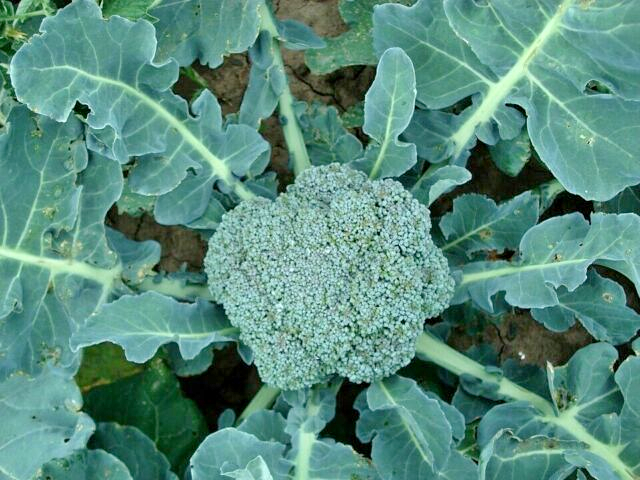
Broccoli is another best companion alternative for your eggplant. It can trap nutrients into the soil for the eggplant to feed. Eggplant and Broccoli do not compete for nutrients, making it possible to be grown together without comprising the growth of the other.
Nasturtiums

One annoying pest that can undermine your effort in growing eggplants is Aphids. Nasturtiums are the perfect choice to ward off attacks by aphids on your eggplants. Nasturtiums attract aphids and deviate their attention off your eggplants.
Borage

Unlike nasturtiums, borage repels pests instead of attracting them. Borage performs a dual function as a companion to your eggplant; they keep out worms and attract pollinators to promote speedy yield.
Pole Beans (Cover Crops)

Pole bean protects the soil erosion and depletion of nutrients during excessive rainfall. It is also helpful in fixing nitrogen in the soil to improve yield. Pole beans can be used as companions for your eggplants.
Spinach

Eggplant and spinach deploy a mutually beneficial breeding relationship. While eggplants can provide shade for your spinach, spinach helps retain moisture in the soil. Both can be grown together as companions.
Rosemary

Rosemary can be very useful if you want to keep potato beetles from your eggplants. A rosemary plant with a strong scent scares off beetles and other pests that may attack your eggplant. Apart from scaring off pests, rosemary also improves the flavor of your eggplants. You can grow it as a companion plant.
Radish

Radish is one of the most used ‘Trash Crops’ for your eggplants. Trash crops are those types of crops that attract similar pests as your main plants; instead of having pests clogged around your plant, you can use ‘Trap Crops’ to deviate them away by strategically positioning your companion plants. Apart from Nasturtium, radish is another Trap Crop you can use as a companion for your eggplant to deviate attacks by pests.
Oregano
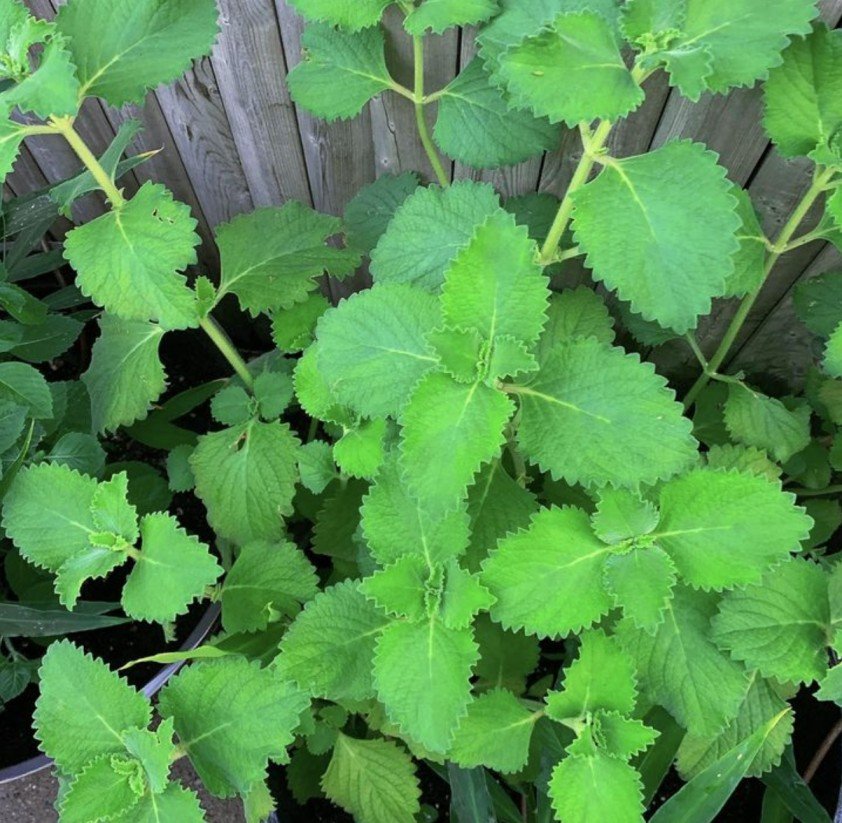
Oregano is another choice companion plant for your eggplants. It emits strong scents that scare off moths, spiders, aphids, and other pests. Oregano can also speed up the fruition process and improve yield by attacking pollinators to your eggplants.
Mint

You can also pair your eggplant with mint as companion plants. Apart from its variety of functions for humans, mints are a valuable resource for your eggplants. Different varieties of mint play a similar role when used as a companion plant for your eggplants.
You can pair both peppermint and winter mint with your eggplants. Mints have long and invasive roots, but it is not harmful to your eggplant. Pests stay far off your plants when they perceive the scents of mint. Mints’ leaves only can equally scare off pests.
Tomato
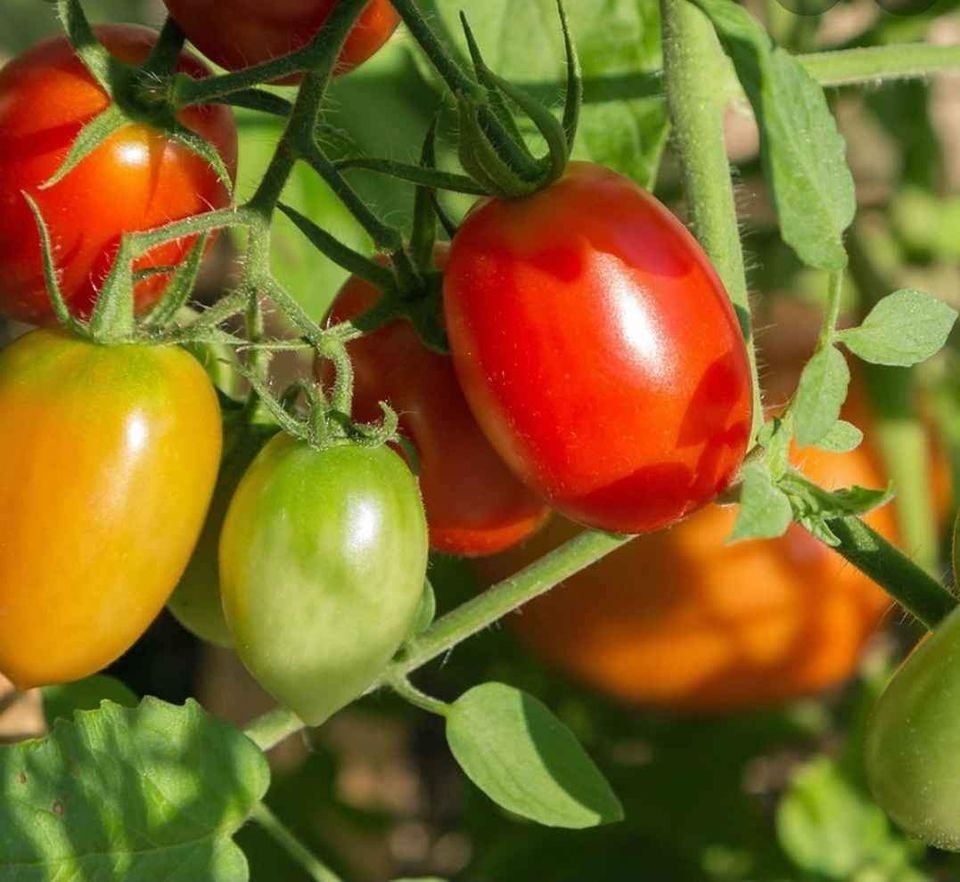
You can grow your eggplants with tomatoes. There is a commensal relationship between both. Tomato leaves provide shade and also space out weeds from your eggplant. It proves taste and can serve as a trellis too. But you have to check frequently for leaves that may prevent your eggplant from access to sunlight.
Potato
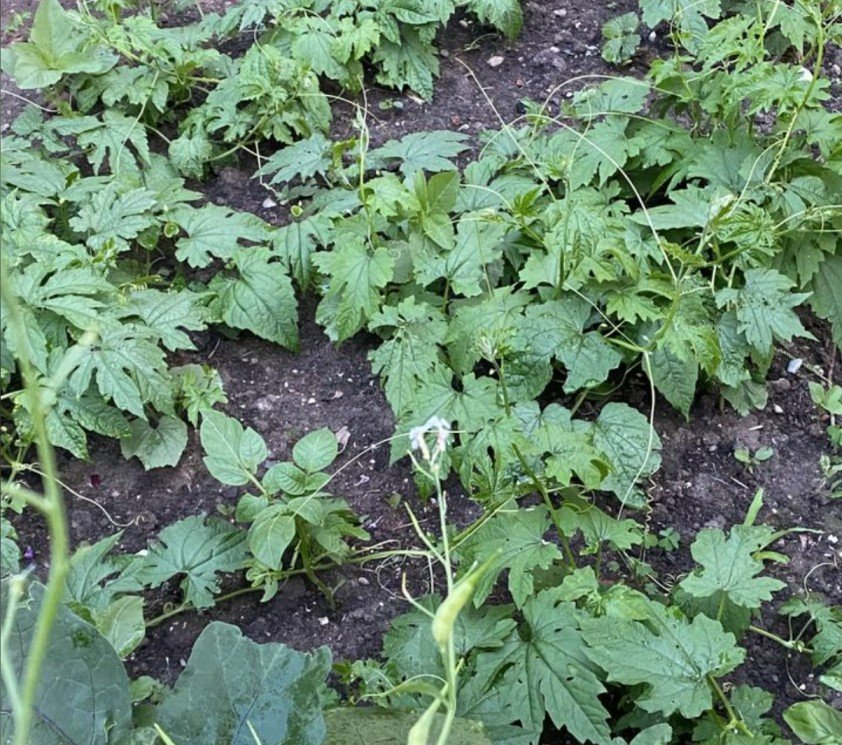
Although some have objections, if planted properly, Potatoes can be a good companion for your eggplant without harm. But you have to take cognizance of the variety of the potato. Some potato varieties may compete intensely with your eggplant for nutrients affecting the plant’s health. Check and add supplements to the soil when planting potatoes with your eggplant. Potatoes do temper the flavor of your eggplant when grown together. It also provides shade.
Catnip
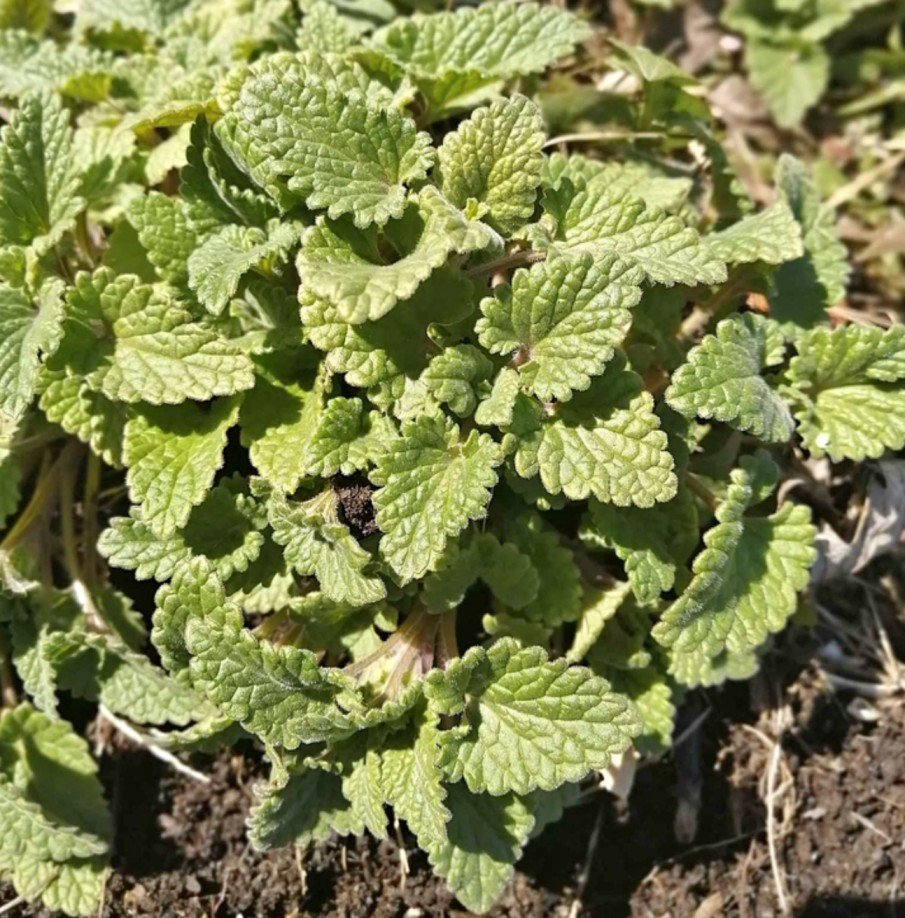
This is another good option for eggplant companion plants. However, there is an exception when using catnip as a companion plant; done plant peas or beans close to catnip. Both will snuggle vigorously for access to nitrogen and other plant nutrients. Plant your catnip alone as a companion plant for your eggplant.
Cilantro
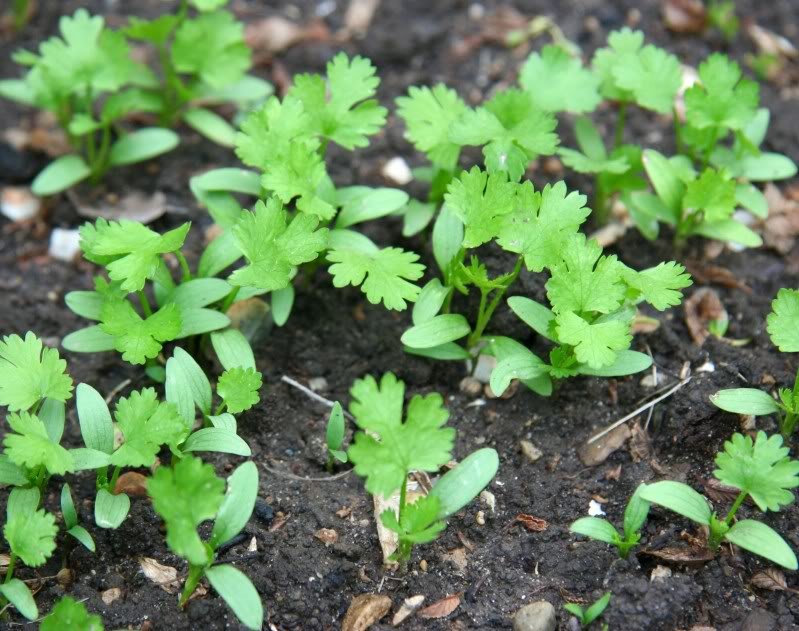
Cilantro fights one of the most aggressive pests that may attack your eggplant – beetles. It uniquely battles pests by attracting beetle predators such as birds, mammals, and bugs to your garden to eat up and chase away beetles from your eggplants. Cilantro keeps your eggplant garden smelling great and also deters other annoying pests.
Lemon Balm
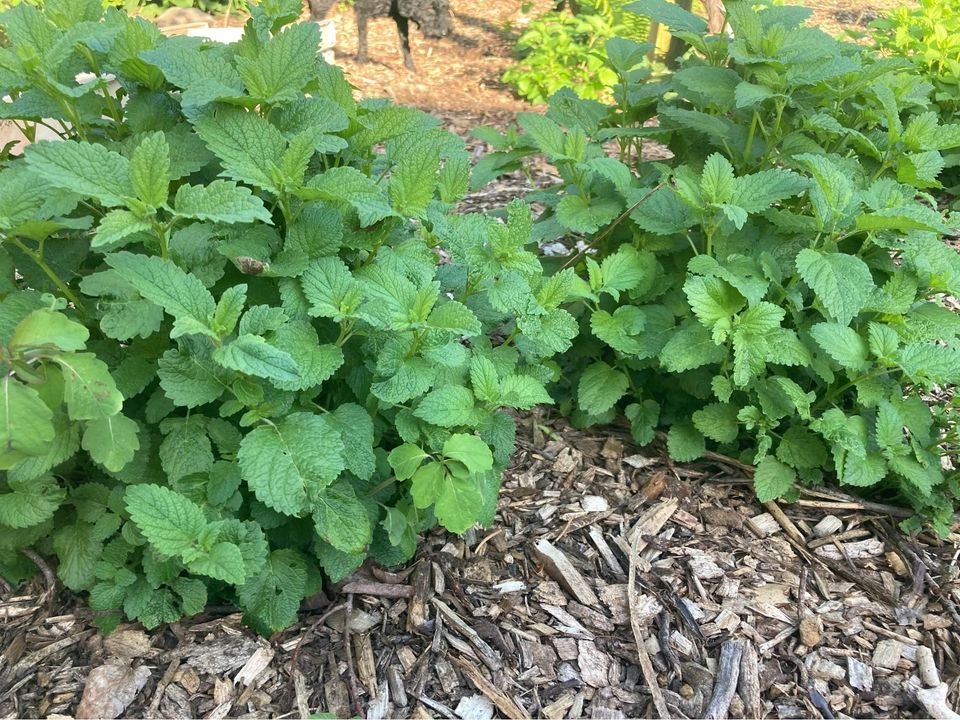
Are you whacked out using sprays to tackle incessant pests attacks such as spiders, snails, slugs, and pill bugs? Lemon balm can is a perfect natural solution. Grow it as a companion plant to your eggplant to scare off attacks from the aforementioned pest. Lemon balm doesn’t compete with your eggplant for nutrients, but you should consider proper spacing when using them as companion plants.
Lentils

Lentils are another nitrogen-fixing plant for your eggplant. It can trap nitrogen – an essential eggplant nutrient, into the garden and also helps retain it on the soil as substrates. After your eggplant must have reached full maturity, Lentils can be severed and cleared off your garden to create more space for your eggplant. The roots of the cleared lentil can also serve as compost with additional nutrients for your eggplants.
Squash

Eggplant and squash possess similar characteristic adaptive patterns. They are sun-hardy and can be grown together. Both plants require extensive sunlight intake to come up with their typical large, bulky, and bulb-like fruits. Squash can provide shade, but you should check for a drastic depletion in organic nutrients supply when growing squash with your eggplants.
Cabbage
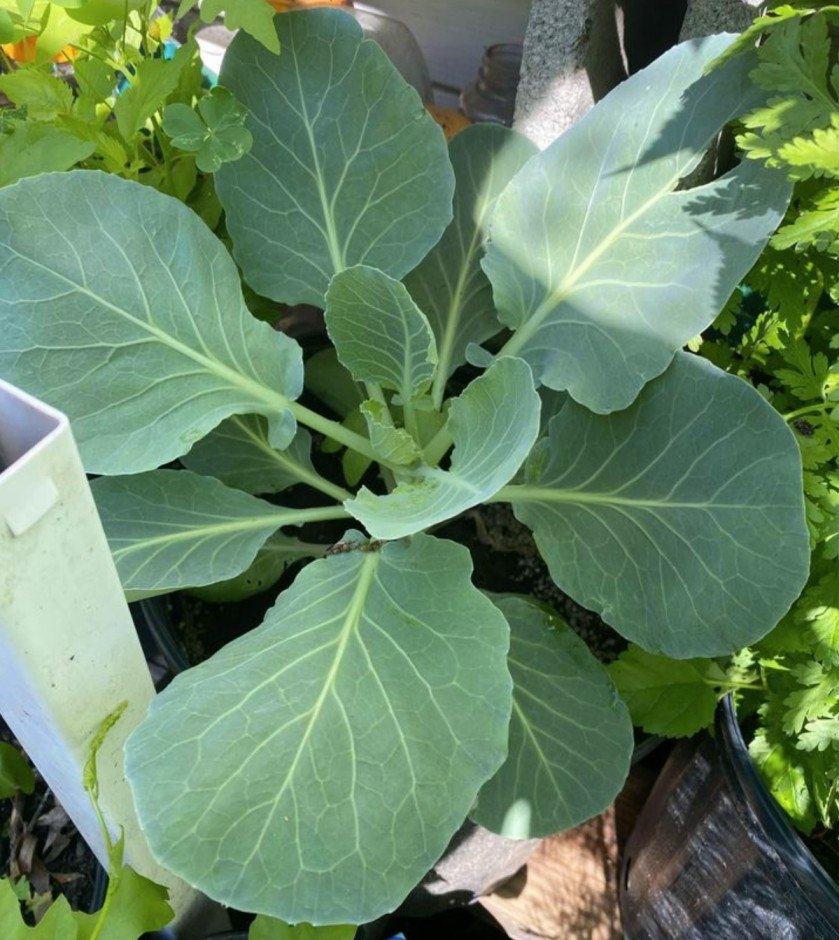
Cabbage is one of the veggies that can be used as companion plants for your eggplant. It’s another Trap Crop that specifically tackles flea beetles and keeps them away from your eggplant. Chinese cabbage is a perfect companion plant for your eggplant. It serves as a decoy to keep pests generally out of your garden.
Okra
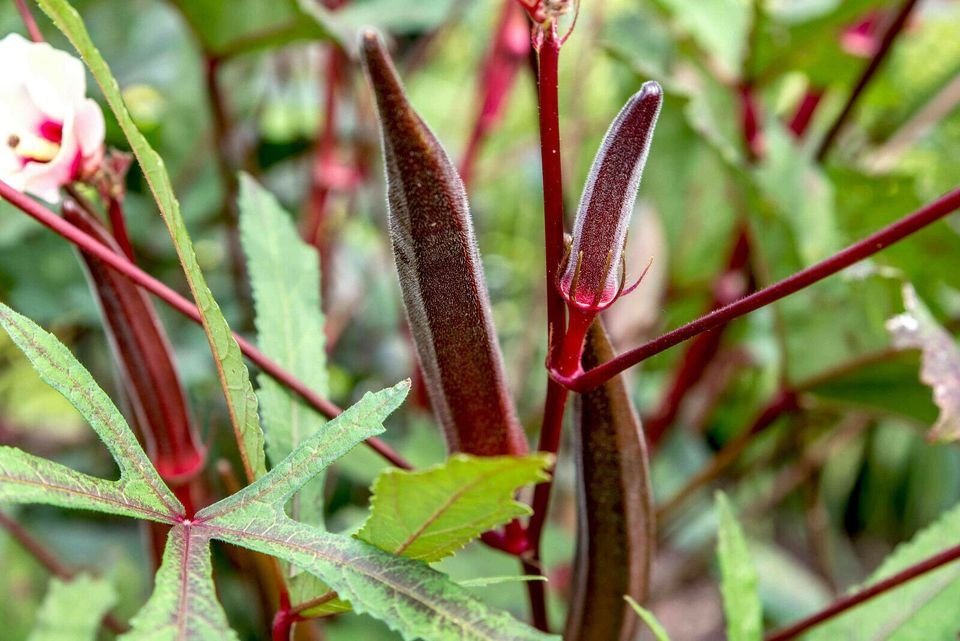
Similar care and maintenance routines can be used for both okra and eggplants. With similar seeds and watering requirements, they can be best companions while shielding and protecting each other in the garden space. Okra and eggplant don’t compete for nutrients. They are commensal and do benefit from each other in your garden space.
Amaranth
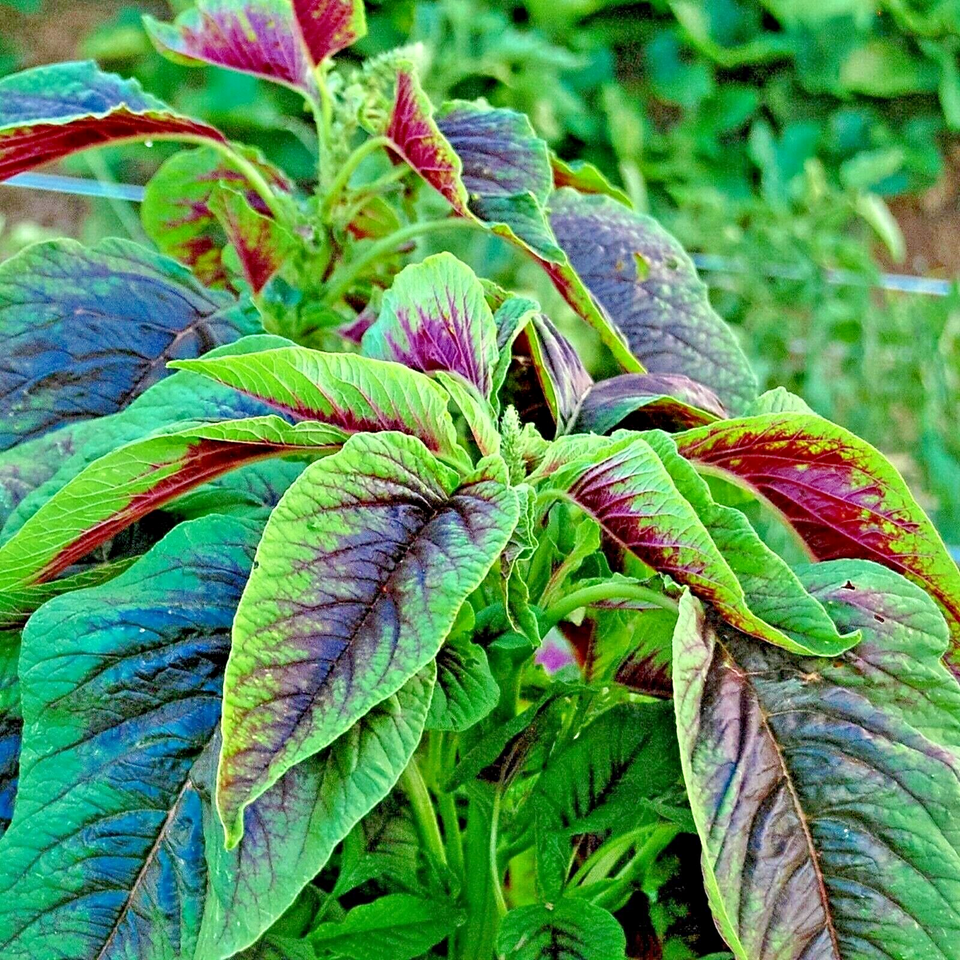
Amaranth is another plant that you can grow with eggplant without much stress. You use similar care and maintenance routines for Amaranth and eggplant. Both can be pruned, watered, and planted with similar methods. This provides leverage over the rigors of applying different care schedules for the plant.
Apart from the similar growing condition, Amaranth is a pest repellent. It loosens up your garden soul to form a perfect drainage function.
Precautionary Measures For Using Eggplant Companion Plants
You should not just grab your peppermint, Oregon seed, or any other companion plant and plant it near your eggplants. Below are certain precautions to take into consideration before using a companion plant for your eggplant
- Ensure that the plant is communal; the plant and eggplant are mutually beneficial. A wrong pick such as marigold or fennel can soil your effort.
- Prepare the soil well before using companion plants. Dig out all stumps, obstructive roots, and weeds. Apply manure to the soil.
- Your eggplant and the companion plant should be spaced appropriately to prevent competition for space and nutrients.
- Do not use companion plants when you are potting your eggplants. It limits breeding space and also exposes the plant to sundry damage.
- Although plants with similar breeding conditions can help reduce the stress and rigors of different care routines, ensure that your companion plant checks on the limitations of the other. Two identical plants with the same breeding condition are not a good choice if both are vulnerable to the same pest attacks.
Although plants with beneficial relationships (friends) are highly recommendable, plants with detrimental relationships (enemies) can be considered. All you need to do is proper spacing. Friends can be a bit close. Give enough space to enemy plants.
What is The Best Companion Plant For Eggplants?
Peppermint, sweet and hot, is a very good option for eggplant companion planting. Spinach, tomatoes, and potatoes are also good options. They can be bred in the same condition while providing shade and checking pests.
What Should You Not Plant With Eggplants?
Eggplants and fennels, including marigold, are a toxic combination. They will harm your eggplant, thwart growth, drag yield, and cause damage. Do not combine eggplant with fennels or marigolds.
